5 Ways to Avoid Burnout in Your Coaching Biz
Job burnout is a very real thing, whether you work for a large company or you work for yourself. Slowly, over time, you start hitting the snooze button; you procrastinate about starting projects; you suffer from writer’s block when it comes to creating products; and you don’t look forward to your coaching calls. It may seem to come on suddenly but these easy-to-miss signs start slowly and snowball until you question if you still want to continue being a coach.
No one is immune to this dilemma but there are ways you can prevent it from happening.
1. Interview coaching prospects carefully.
The interview process is crucial for weeding out high-maintenance clients and to eliminate those who don’t want to do the work. I like to call them vampire clients: they suck the energy right out of you with their constant complaints, excuses, and questions. Trying to get a handle on this type of client in an interview process allows you to reject their business up front or to express your boundaries and expectations right away, allowing them to decide if working with you is the right decision for them.
2. Automate, delegate, or eliminate time-consuming tasks.
Running your own business alone can be time consuming and stressful. Not only are you coaching clients but you’re in charge of your billing, your monthly newsletter, your social media marketing, your real life networking events, and product creation. And this isn’t even a full list of all the background tasks you probably do! Taking some of these tasks off your daily to do list will free up time and eliminate some stress. For example, allow your clients to schedule their calls online with an online scheduling program. If you have a budget, hire a virtual assistant and/or a bookkeeper. A VA can also help you streamline your processes so you might be able to combine or eliminate some tasks that are unnecessary.
3. Plan your days.
Use the time blocking or the Pomodoro method to focus on your projects during each day. At the end of each day, create a list for the following day. Write in a journal about any negative events that happened and how you can handle these situations better in the future. Knowing exactly what you have to do the following day allows you to leave work at the office (even if it’s just closing the door of your home office) and enjoy the evening with your family and friends.
4. Calculate your prices carefully.
When you pull random numbers out of thin air because they “sound good to you”, chances are you’re underpricing your time and devaluing your services. And if you happen to let an energy vampire slip through onto your client calendar, you’ll quickly start to resent them because they under paid and you’ll feel like you’re losing money every time you talk to them.
5. Take care of yourself.
Self-care is very important when running a business because if you’re out sick, there’s no one else to take over. A simple thing like going to bed an hour earlier can help you wake up feeling refreshed. Unplug from electronics two hours before bed to allow your brain to slow down. Daily exercise and water intake is also important to flush out any germs and to keep your body healthy and flexible.
Burn out doesn’t have to be inevitable. Get proactive by following these steps and learn how to relax and enjoy the special moments in life.
Need Help Setting Your Prices? Schedule a free call.
I have spent many years helping my clients reshape their businesses and setting the correct prices. If you’d like an introduction to this process, join my free Facebook community now. I’m sharing my “5 Steps to Set Your Coaching Rates” and you’ll be all set to start this process for yourself.



 LinkPedia Web Directory
LinkPedia Web Directory